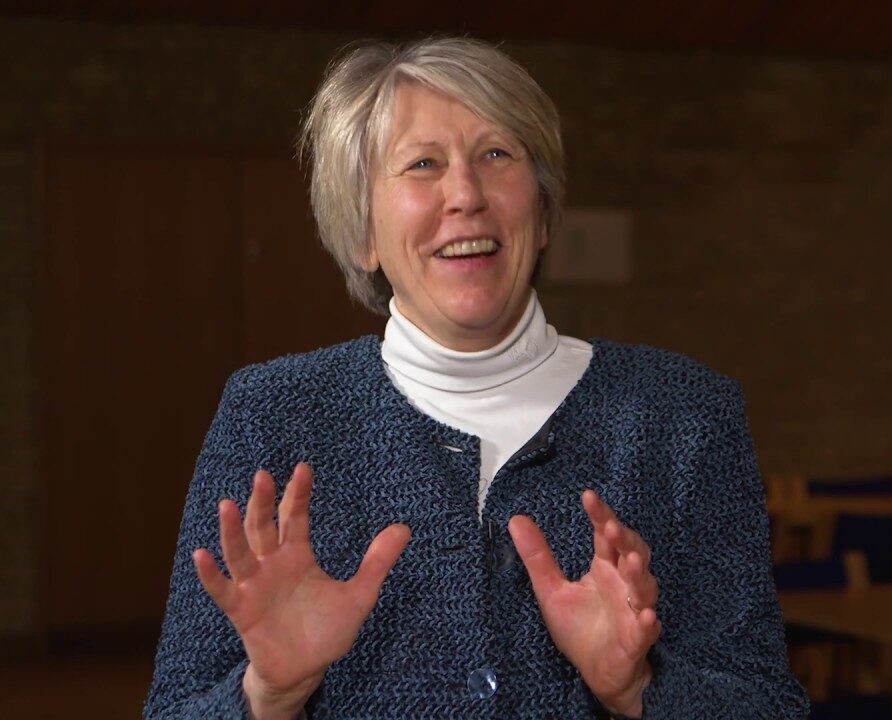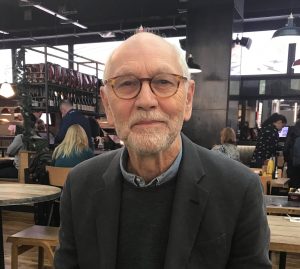Johanna Seibt is Professor with special responsibilities at Aarhus Universitet, Denmark. After receiving a Ph.D. in philosophy from the University of Pittsburg, she worked as Assistant Professor at the University of Texas at Austin, and completed her Habilitation (Dr. phil. Habil) at the University of Konstanz. She is coordinator of two interdisciplinary research groups: the “Research Unit for Robo-philosophy,” and the TRANSOR network. Johanna Seibt is best-known for her interpretation of Wilfrid Sellars’ philosophy. Her research interests focus on the analytical ontology and history of metaphysics, the philosophy of dialogue, and the robo-philosophy. Over the last twenty-five years she has been working on a new process ontology, called “General Process Ontology,” and the application of this theory to other areas, such as cognitive science, linguistics, conflict resolution, and robo-philosophy. Her most recent project, entitled “What Social Robots Can and Should Do–Towards Integrated Social Robotics,” is supported by a “Semper Ardens grant” from the Carlsberg Foundation.
Johanna Seibt è Professor with special responsibilities presso il Department of Philosophy and the History of Ideas dell’Aarhus Universitet, in Danimarca. Ha conseguito il dottorato in filosofia presso l’University of Pittsburgh, ha lavorato come Assistant Professor all’University of Texas, ad Austin e ha conseguito l’Habilitation (Dr. phil. Habil.) presso l’Università di Konstanz. È coordinatrice del “Research Unit for Robophilosophy” e del TRANSOR network, due gruppi di ricerca interdisciplinari che coinvolgono oltre a filosofi anche ingegneri, antropologi e psicologi. La sua ricerca si incentra sulla storia della metafisica e ontologia analitica, l’interpretazione della filosofia di Wilfrid Sellars, la filosofia del dialogo, la robo-filosofia. Negli ultimi venticinque anni ha lavorato a una nuova teoria d’ontologia processuale, chiamata “general process ontology”, studiandone le possibili applicazioni alle diverse teorie riguardo la risoluzione dei conflitti, alla ricerca in ambito cognitivo, alla linguistica e alla robo-filosofia. Ha recentemente ottenuto il Semper Ardens grant dalla Carlsberg Foundation per il progetto di ricerca intitolato “What Social Robots Can and Should Do–Towards Integrated Social Robotics.”
Numero della rivista
Visualizza e scarica il file PDF
AUTORI&AUTRICI
Ha conseguito il dottorato in Human Sciences presso l'Università degli studi di Macerata. S'interessa di filosofia analitica del linguaggio e di filosofia femminista.




